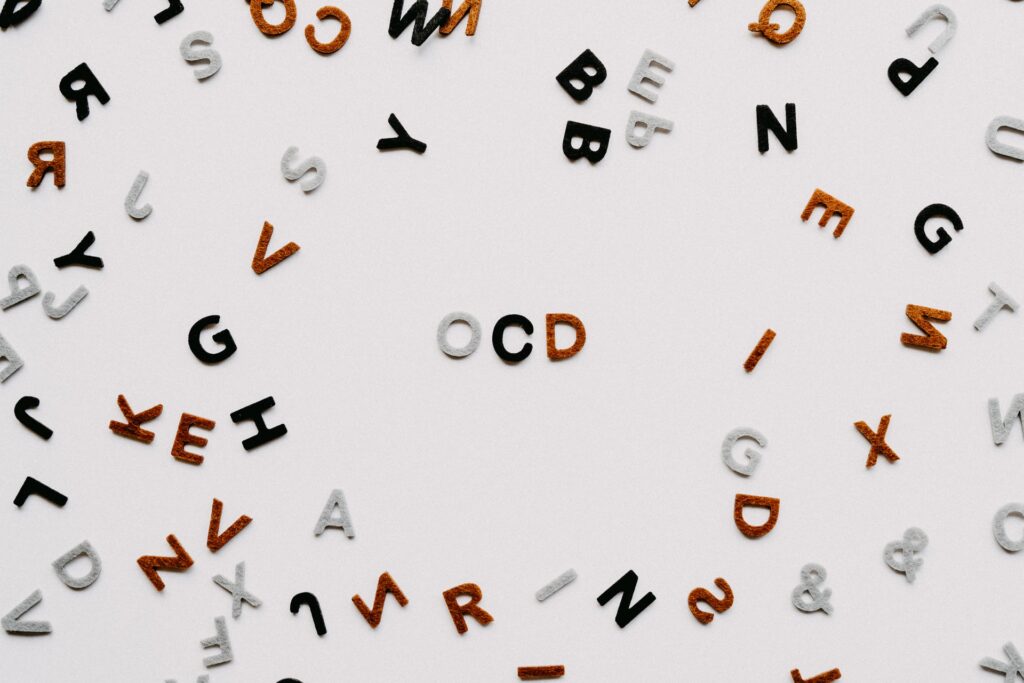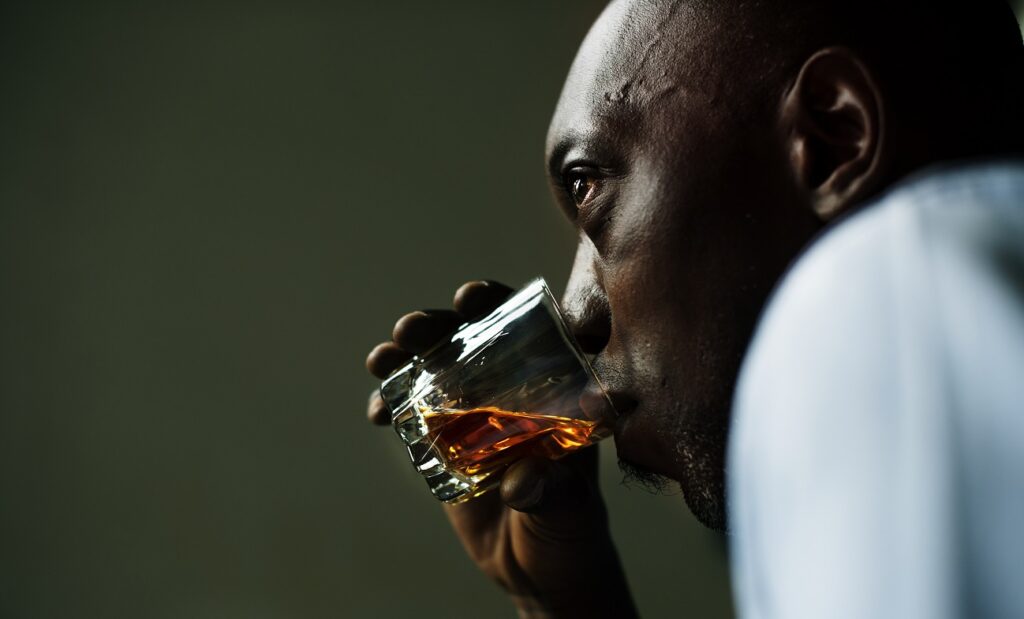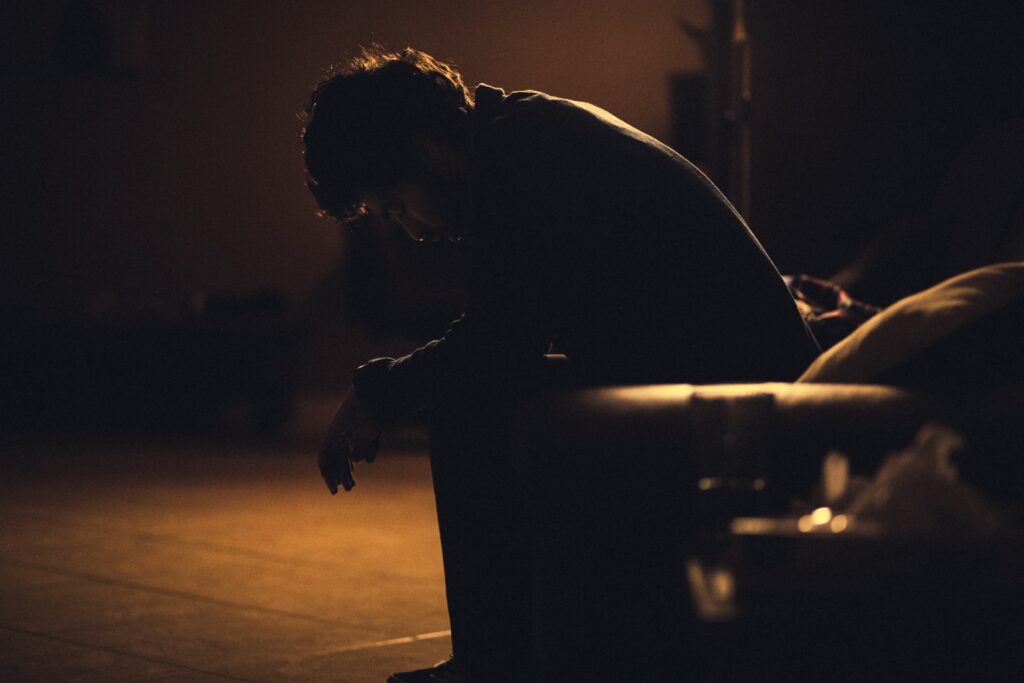- Home
- Addiction Treatment
- Dual Diagnosis
- Dual Diagnosis: Alcohol and Obsessive-Compulsive Disorder
Dual Diagnosis: Alcohol and Obsessive-Compulsive Disorder
You might not immediately put alcohol misuse and obsessive compulsive disorder together as mental health conditions, but the two often come hand in hand.
In the UK, there are about three quarters of a million people who have OCD.
This is a disorder that affects the mind and behaviour, making it similar to alcohol addiction in some ways.
OCD can be totally destructive.
It’s this point, in fact, that can force people to turn to alcohol.
What Is Obsessive Compulsive Disorder?

Obsessive compulsive disorder, more commonly known as OCD, is an anxiety disorder.
It’s typically characterised by the person experiencing obsessive fears which lead on to compulsive habits.
At its worst, it is highly disruptive to life and the cause of much distress to the individual and those who love them.
Rituals

Many people with OCD develop rituals.
In the case where a person has an obsession with germs, they might develop a compulsive ritual around washing their hands.
Other compulsive behaviours that are common include those around ensuring doors are locked, counting and superstitious behaviours.
Sadly, soon after the person has performed a ritual meant to ease the fear they experience, the fear quickly returns.
OCD can also cause intrusive thoughts around sex, violence or religion, as well as hostile thoughts about yourself or others.
There are 4 main categories that OCD tends to manifest as:
- Contamination and cleaning
- Forbidden/harmful impulses or thoughts
- Symmetry and order
- Hoarding
It’s useful to remember that many people say they have OCD when they don’t.
Actually diagnosable OCD has a distinct and negative impact on the person’s life.
It’s not simply a matter of a person washing their hands quite often -OCD is seriously destructive.
What Is Alcohol Use Disorder (AUD)?

The DSM-5 is a diagnostic tool used the world over by professionals in relation to mental health conditions.
It defines alcohol use disorder as both the symptoms of alcohol addiction and alcohol dependency.
Signs that you have an alcohol use disorder include:
- Trying to stop drinking and not being able to.
- Hiding how much you drink, or being secretive about it.
- Not being able to maintain responsibilities.
- Risky behaviours linked to drinking (i.e. drink driving, fighting).
- Having to drink more to feel an effect (tolerance increase).
- Developing negative issues related to drinking, but continuing to drink.
- Blacking out or throwing up and still drinking.
- Having physical withdrawal symptoms.
Physical withdrawal symptoms prove that there is a physical dependency.
When this occurs, it’s actually dangerous to stop drinking without clinical support.
Withdrawal Symptoms From Alcohol

Withdrawal from alcohol includes mood swings and issues related to mental health.
However, when dependency develops, the following physical symptoms can occur too:
- Sweating
- Delirium tremens (shaking)
- Sleep disturbances
- Hallucinations
- Nausea and sickness
- Diarrhoea
- Seizures
The Link Between Obsessive-Compulsive Disorder And Alcohol Use Disorder

Interestingly, both OCD and AUD form neural pathways in the brain which make behaviours more habitual.
This is why help is needed to break the habits, because it’s so challenging to do.
The behaviours are literally “wired” into the brain.
Research shows there is a link between anxiety and alcohol use.
Self-Medicating And Developing Symptoms

People use alcohol to self-medicate, to try and relax and also to manage OCD symptoms.
Those who developed OCD in their teen years are more likely to develop drug or alcohol issues.
While those with OCD might drink to try and ease obsessive thoughts, these thoughts can return much stronger when sober.
Not only this, but they’re usually also accompanied by feelings of guilt and shame.
An addiction can develop if the person with OCD continues to turn to drink to try and ease symptoms.
Unfortunately, withdrawal can feel even more intense when it’s accompanied by OCD symptoms.
Alcohol Withdrawal Symptoms When You Have OCD

- The person can feel worse if they stopped practising their rituals while intoxicated.
- Alcohol and hangovers can impair a person’s judgement and motor skills, which can impact how they carry out rituals.
- Physical and psychological symptoms from OCD and AUD can feel very intense when experienced concurrently.
- As serotonin and dopamine concentrations level out after drinking, the person can feel worse about managing their OCD in a healthy way.
- Alcohol can interfere with OCD medications.
A Dual Diagnosis: OCD And Alcoholism

A dual diagnosis is where a person is diagnosed with two conditions at the same time.
Alcohol use disorder is commonly linked to mental health issues such as anxiety and depression.
In relation to OCD, men are more likely to start drinking with the onset of OCD symptoms, and to have suicidal thoughts linked to both of these.
This isn’t to say women aren’t susceptible too, of course.
Drinking regularly to manage symptoms can lead to alcohol dependency.
When this happens, a person will need rehabilitation support that addresses both conditions.
Health Risks Of Alcohol Use Disorder

- High blood pressure
- Malnutrition
- Heart problems
- Increased risk of cancer
- Alcohol-induced dementia
- Liver failure
- Mental health problems
What Helps People Who Have OCD And Alcohol Addiction?

There are various organisations and activities that can help an individual deal with both OCD and alcohol addiction.
Support Groups
12 Step groups offer a great way to socially connect to others who are also experiencing addiction issues.
Addiction, by nature, tends to be quite an isolating disease.
12 Step groups are largely successful because they offer a place of support, understanding and connection.
Developing your social network through support organisations can also be beneficial.
This offers you a place where people are compassionate about your experience.
Family And Friends

When a person’s mental health isn’t so good, being around others and participating in healthy activities makes a huge difference.
Spending time with family and friends who you can trust can be a significant help in this.
It’s really important to be honest with yourself about the people who support your recovery and healing, and those who don’t.
Hobbies

Start trying out new interests and turning them into hobbies.
Bringing fun and stimulating activities into your life helps you to have more purpose and makes life more satisfying.
Find out about private rehab clinics which offer support around addiction as well as OCD if things have become really difficult and you feel as if you’ve lost control.
How To Support A Loved One

If you’re concerned about someone you love having obsessive compulsive disorder alongside an alcohol addiction, there is help out there.
Firstly, though, it’s important for you to understand more about these conditions.
This way you can be better prepared for any issues that might arise in the future, especially linked to health.
It’s also really useful to know what treatment options are available to help them in relation to both conditions.

While you don’t want to be forceful in talking about your loved one’s conditions, you also don’t want it to become something you all ignore.
Maintaining a healthy dialogue is really helpful, especially if you’re loved one reaches a point of wanting to get help.
Two of the most useful things you can do in this situation are:
- Support your family member by doing healthy activities with them.
- Set boundaries which look after you as well as them.
Rehab Treatment For OCD And Alcohol

Private rehab clinics offer the most comprehensive approach to treatment for alcohol addiction as well as OCD.
It’s likely that you’ll focus on one of the conditions mainly, but both will be addressed during your time there.
In terms of alcohol misuse, you’ll enter rehab and begin with a detox.
If you’ve developed a dependency then you’ll be weaned off the alcohol using medication such as Librium to ease the symptoms.
This will last around 7-10 days.

After detox, psychological therapies begin.
These are to help you understand how your thought patterns and emotional responses control your behaviours linked to alcohol use and OCD.
You’ll start learning skills and techniques to manage these in healthier ways.
At rehab, there will be an emphasis on how you can build up a support network with others living with similar experiences.
This can be instrumental in supporting your recovery long-term when you leave the clinic.
Final Thoughts

Obsessive compulsive disorder is an anxiety disorder, and as with most anxiety disorders, it can be inextricably linked to alcoholism.
This is because people often try to manage obsessive thoughts by drinking.
Although this can make recovery extremely difficult, there are various ways you can support yourself to heal.
However, in terms of recovering from an alcohol use disorder when OCD is also present, treatment at a private clinic is recommended.
Tailored programmes are offered by specialist staff to support your recovery.
To find out all you need to know about your nearest treatment options, contact Rehab Recovery today.


